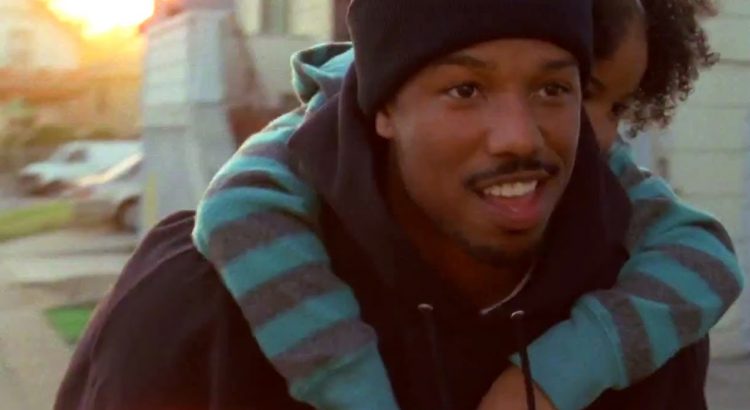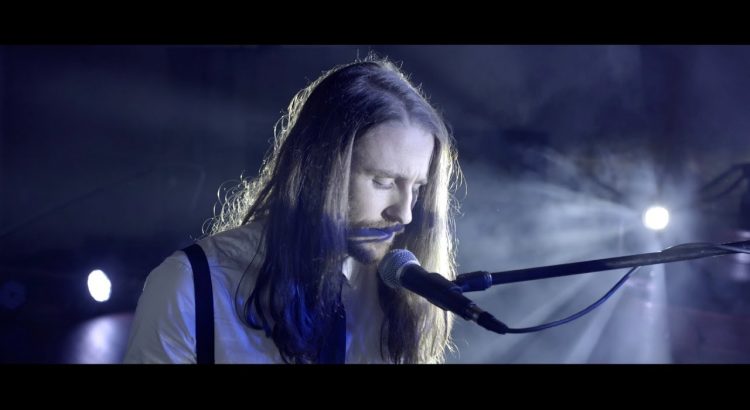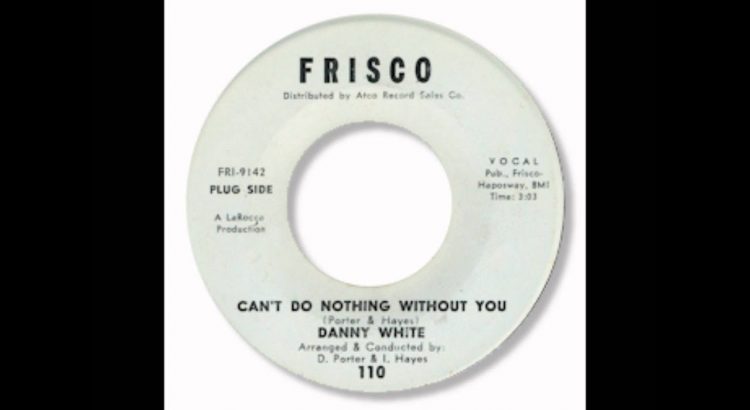Ryan Coogler has only directed three feature films, but he’s already attained the success very few filmmakers ever attain in their careers.
Coogler not only revived a dead franchise for a new generation (Creed, which made people remember the Rocky series wasn’t always meant to be American Cold War propaganda) and has scored one of the biggest artistic successes of the most popular genre in the world (Black Panther, the first Marvel film nominated for a Best Picture Oscar.) He’s made a star out of Michael B Jordan and he’s attached as a producer to what will undoubtedly be the greatest cinematic achievement of the 2020s (Space Jam 2).
Yet even though he’s barely started, his debut is already being removed from discussions about his accomplishments. 2013’s Fruitvale Station was a darling of the independent film circuit when it was released and seemed to address something that was becoming an enormous part of our national conversation. It originally opened the same day as George Zimmerman’s verdict was announced and was released only two years before Ferguson.
It seemed like it would be one of the most important films as we discussed police shootings and how they disproportionally target unarmed black men – and how the system doesn’t seem that interested in dispensing justice.
But of course, time marched on and now we seem to be stuck fighting the same fights about equality and the rule of law that everyone thought were settled. Perhaps that’s why Fruitvale Station no longer seems as urgent as it did when it was released and why people aren’t talking about it as much as they should.
Yet its thematic elements have been repeated in other Coogler movies, particularly Black Panther. The film, about the last day in the life of Oscar Grant before he’s killed by police at the titular BART station in California, isn’t just about police shootings or the impact they have on people’s lives. It simultaneously goes much deeper and broader than that.
The film lets you know exactly what its about in the first two minutes. We see cell phone footage of Grant’s (Michael B. Jordan) slaying and it cuts to black as the fatal shot is fired. Then it traces back the final day of Oscar Grant and how he ended up at the titular transit station.
The real story opens the same way Black Panther did – in a poor neighborhood in California. This is where Grant and his family live. Grant is a man who never took life seriously. He argues with his girlfriend about his infidelity, loses his job and lies about it, and is worried he’s a disappointment to his mother (Octavia Spencer), and is trying his best to be a decent father figure to his daughter.
What makes Coogler movies good are the tiny moments of intimacy where he allows the characters to show their concerns. In Black Panther, it was the moment where T’Challa allows Killmonger to see the skyline of Wakanda. In Fruitvale Station, it’s moments like Grant witnessing a driver run over a dog and keep driving. He goes to comfort the dog in its final moments while calling for help. Oscar realizes that life isn’t just his current state, but something he should try to embrace. And the symbology around a person carelessly running over a dog and getting away with it is unavoidable.
At times Fruitvale Station does play a bit too much like a standard indie film darling. For one, it’s nonlinear (there’s an extended flashback of Oscar’s time in prison) and for another, the film tries to look more like a blockbuster by having text messages pop up like holograms on the screen. There are no big set pieces like there are in Black Panther nor is there a lot of action. But if the film borrows from other indie films, it knows how to do those moments better. For example, one scene has his daughter afraid of the bullets she’s hearing in the distance. It’s unmistakably like a scene in Paul Haggis’ Crash. But unlike that bloated film, Fruitvale Station allows Grant to act like a human being. He doesn’t invent a fairy tale but promises to take his daughter to Chuck E Cheese the next day. It feels like how a dad would talk to his child – and it’s sad that we in the audience already know there is no “next day.”
Black Panther was primarily about a man who hoped he could please his father. Fruitvale Station predicted this plot thread as well. There are many scenes with Grant’s mother (the film takes place on her birthday) and scenes with Grant expressing doubt about being a good son. The jail flashback ends when Grant’s mother says she will no longer visit and leaves. He follows her, begging for a hug, but she just ignores him.
Compare that to the scenes in Black Panther with T’Challa and his father reunite. T’Challa has a similar relationship and is constantly looking for his father’s approval. Even though they enjoy a much better relationship, the constant presence of his father weighs on T’Challa. Oscar Grant feels the same presence of his mother throughout his life. And even that Panther scene includes a line that is very poignant to Oscar’s fate: “A man who has not prepared his children for his own death has failed as a father.”
Which brings us to the longest sequence in Fruitvale Station and the most harrowing – Oscar’s death. It starts with a fight on a subway (instigated by an old inmate that served his time with Oscar) and ends with Oscar’s fatal shooting. I could discuss how the film portrays the officer ultimately responsible for the shooting, yet that’s not the point of the scene. The greater focus is on Oscar. We’re in a close up on his face when he’s shot and his face shows not pain, but shock. As he’s dying, he keeps repeating that he has a daughter. And the final line in the film, before it smashes to black, is of that daughter asking, “Where’s Daddy?”
Coogler could have had a great career in independent dramas. He’s apparently working on a lower budget film about the Atlanta standardized test cheating scandal. But it’s great that he was able to change these emotional moments into bigger films. Coogler knew exactly what the most important part of Grant’s death would be – his face and his talking about his daughter. It’s why he was able to create such great moments in his later films. He knows how to make the biggest emotional impact.
Fruitvale Station is a film that still carries quite a punch. Although the climax centers around Grant’s death, the emotional core comes from everything that happens before that fateful moment. Grant is depicted as a conflicted man who wanted to better himself for his mother, wife, and daughter. Unfortunately, he never got the chance. Yet even in Black Panther, Grant’s story is on every character’s mind. Family, responsibility, and the struggle against the outside world that doesn’t even try to understand black communities has defined Coogler’s films and it an all be traced back to Fruitvale Station.









